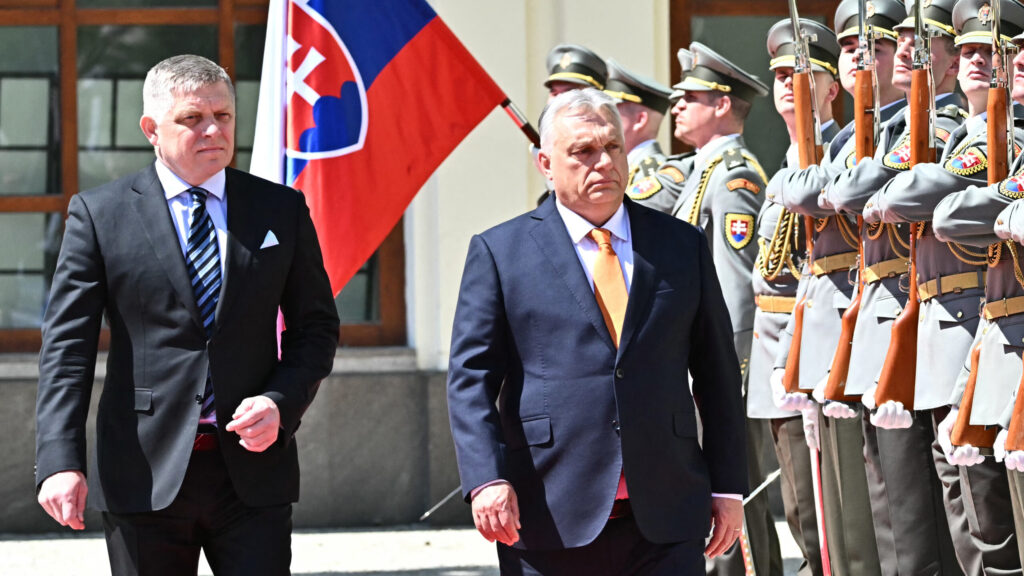
Hungarian Prime Minister Viktor Orbán has vowed to conclude talks with Slovakia over a new law criminalizing criticism of the Beneš decrees, warning that it revives the principle of collective guilt. The legislation has strained bilateral relations and reignited long-standing disputes over the treatment of the Hungarian minority in Slovakia.

Hungarian defence firm 4iG Space and Defence Technologies has signed an exclusive cooperation agreement with TATRA Trucks, granting it representation and sales rights for the Czech manufacturer’s military vehicles in Hungary. The deal supports Budapest’s ambition to strengthen domestic defence production and NATO-compatible capabilities.
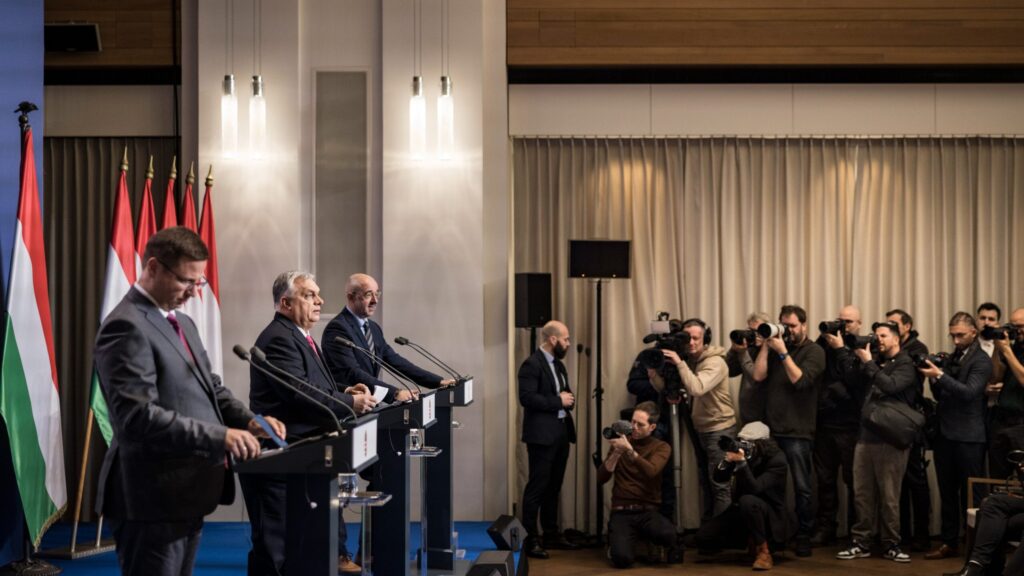
Viktor Orbán opened the year with a two-hour international press conference, declaring that 2025 marked the definitive end of the liberal world order and the dawn of an ‘age of nations’. Promoting Hungary’s ‘peace economy’, opposition to war-driven policies and EU migration plans, he framed the coming election as a decisive civilizational choice.
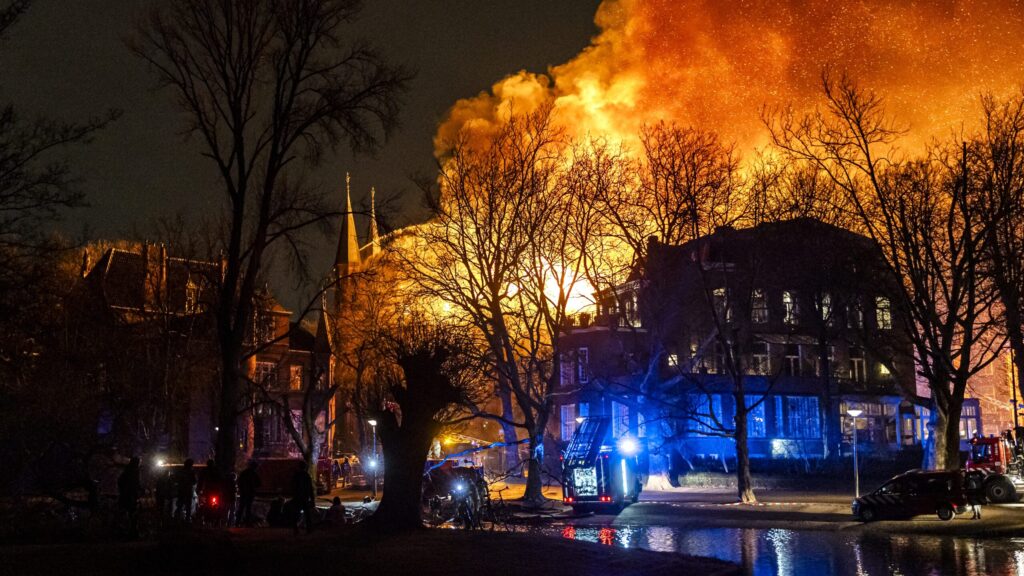
New Year’s Eve riots in several Western European cities have once again exposed the direct link between illegal migration and the erosion of public security. Citing attacks on emergency services and widespread vandalism, Viktor Orbán’s chief security adviser warned that Europe is repeating a failed model.
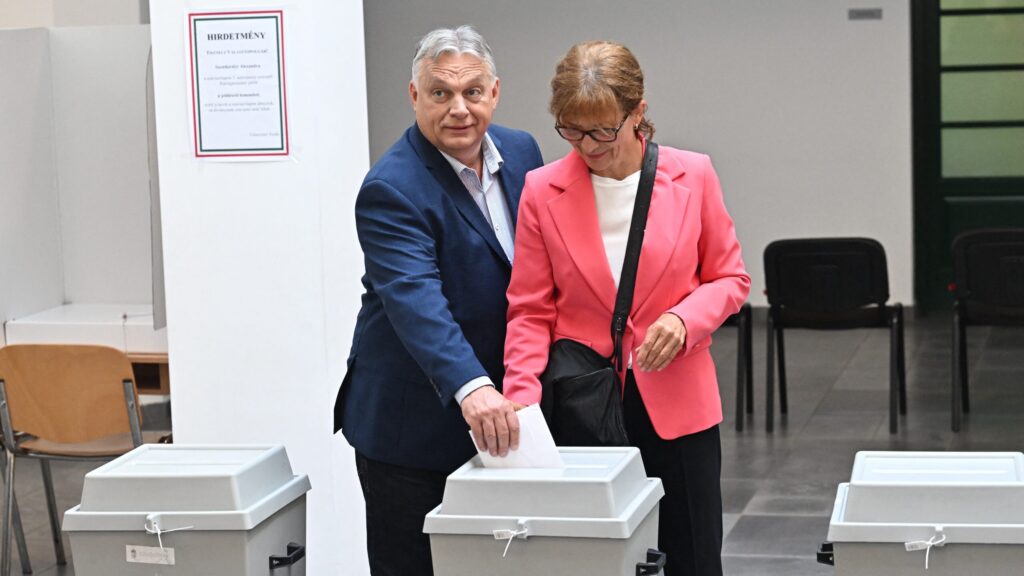
From Hungary to the United States, and from Sweden to Slovenia, 2026 will be a defining election year with consequences far beyond national borders. As conservative and populist forces challenge entrenched elites, several key votes are set to reshape Europe’s political balance and test the durability of the global right’s recent momentum.
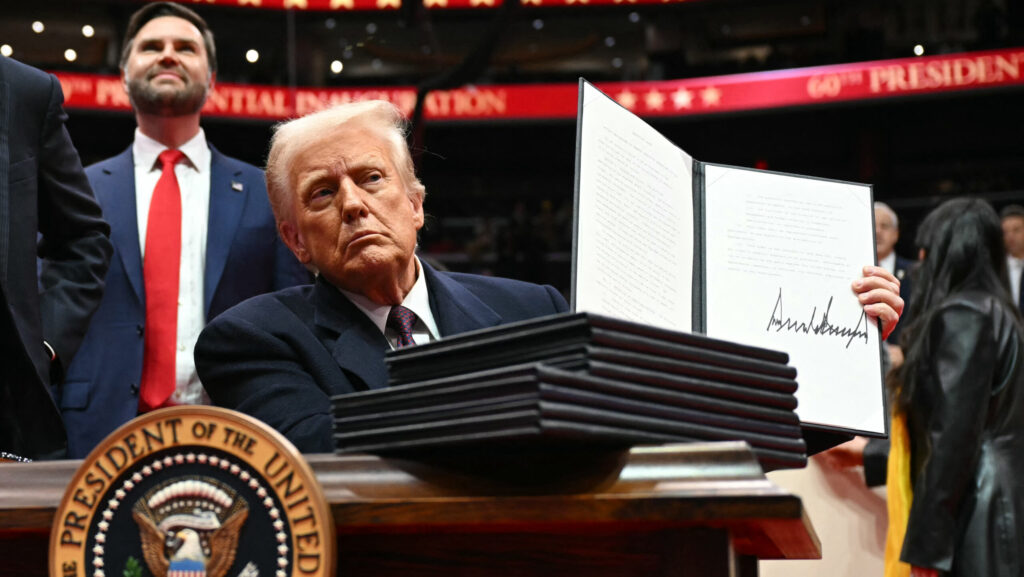
2025 is likely to be remembered as the year the post–Cold War order finally collapsed. From Donald Trump’s return to the White House and his America First diplomacy to the erosion of liberal institutions, trade realignment and the retreat of woke ideology, the foundations of a multipolar world have decisively taken shape.
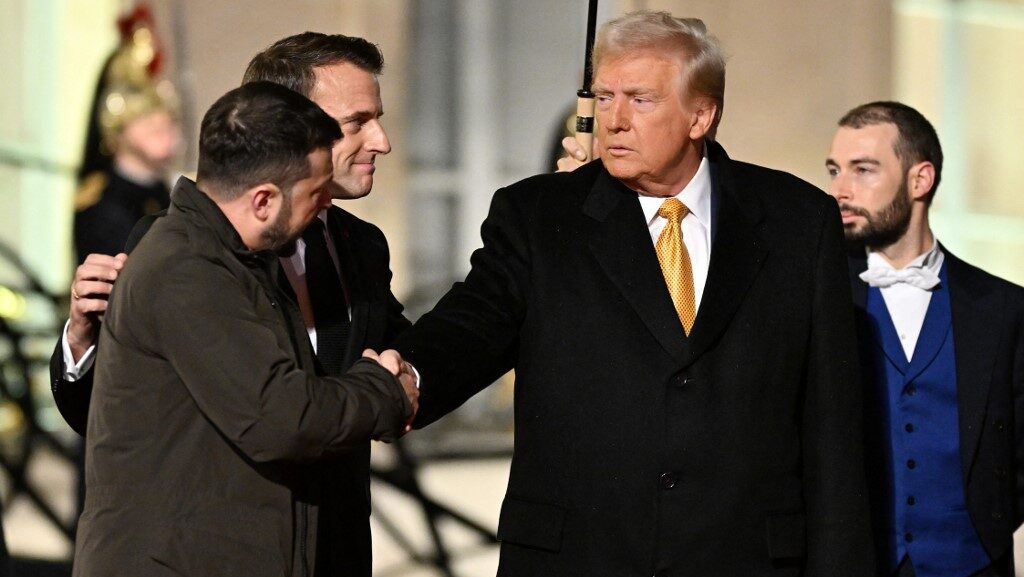
Russia’s claim that Ukraine attempted a drone attack on President Vladimir Putin’s residence has cast a shadow over fragile peace talks just as negotiations appeared to be nearing a breakthrough. While Kyiv denies the allegation and Washington urges caution, the incident risks hardening positions in Moscow and derailing momentum towards a settlement.
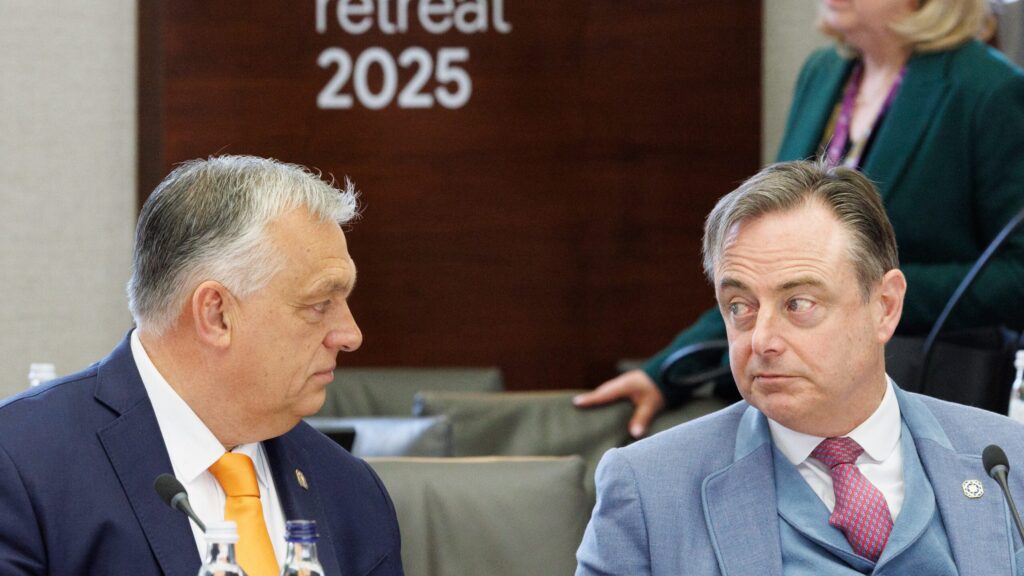
Viktor Orbán says Hungary helped derail Brussels’s plan to use frozen Russian assets to finance Ukraine, crediting behind-the-scenes diplomacy and Belgium’s leadership in forming a blocking minority. He warned that asset seizure would provoke Russian retaliation and argued the decision spared Hungary heavy costs at a critical political moment.
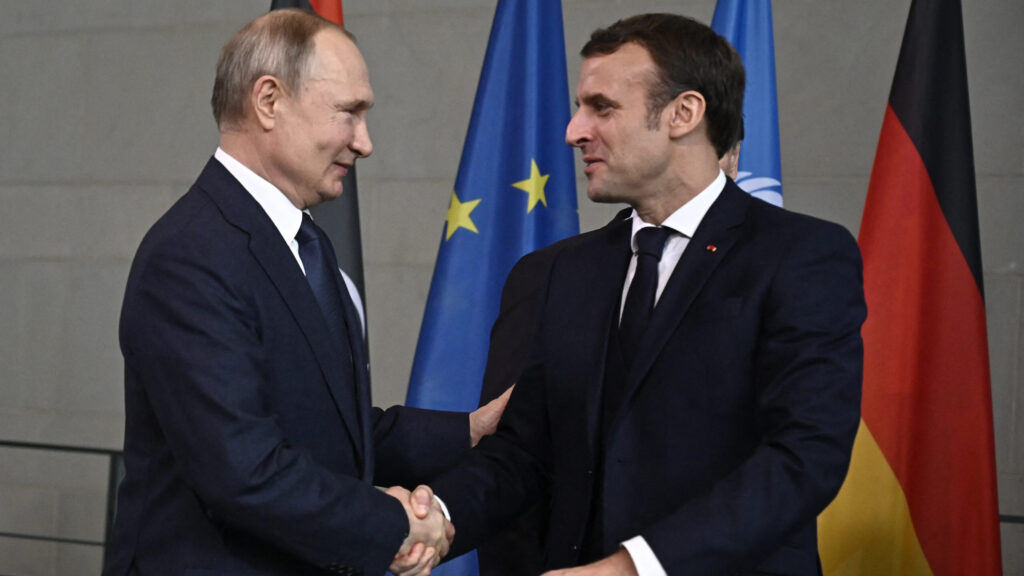
France is lobbying Berlin to approve a Russian-linked nuclear fuel project in Germany, with Macron himself applying diplomatic pressure behind the scenes. The initiative cuts against the EU’s REPowerEU strategy and signals that key member states are quietly planning for economic normalization once the war ends.
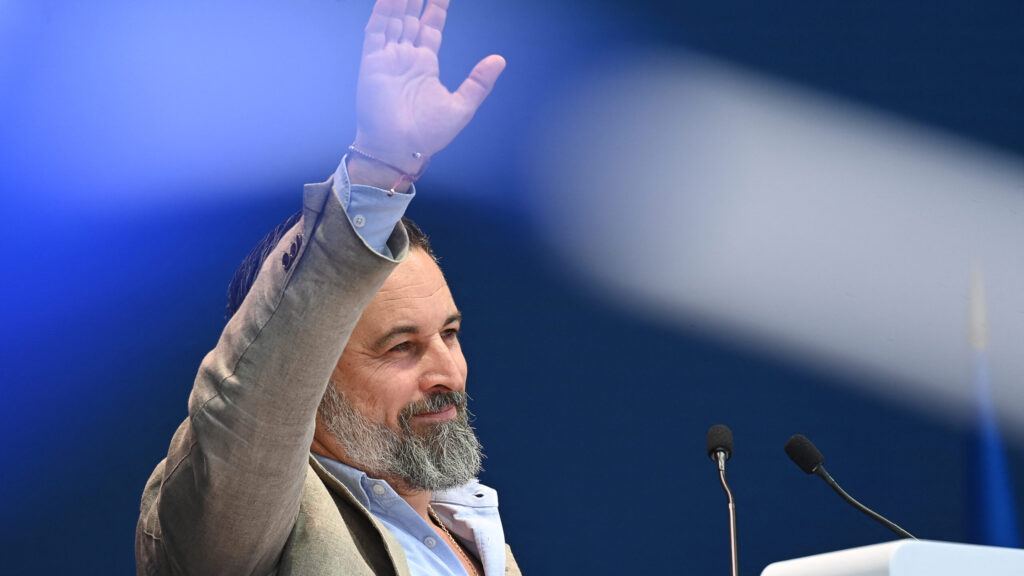
Spain’s regional election in Extremadura has delivered a major breakthrough for Vox, which doubled its seats and entrenched itself as a decisive force in a former Socialist stronghold. The surge benefits a close political ally of Viktor Orbán and underscores the expanding reach of the Patriots for Europe alliance within national and regional politics.

A shocking assault on a 75-year-old Jeanette Marken in Seattle has reignited accusations of selective silence in Western mainstream media. Footage shows a known career criminal brutally attacking the victim, yet major outlets have largely avoided coverage, prompting comparisons to earlier cases where politically inconvenient crimes were downplayed or ignored.
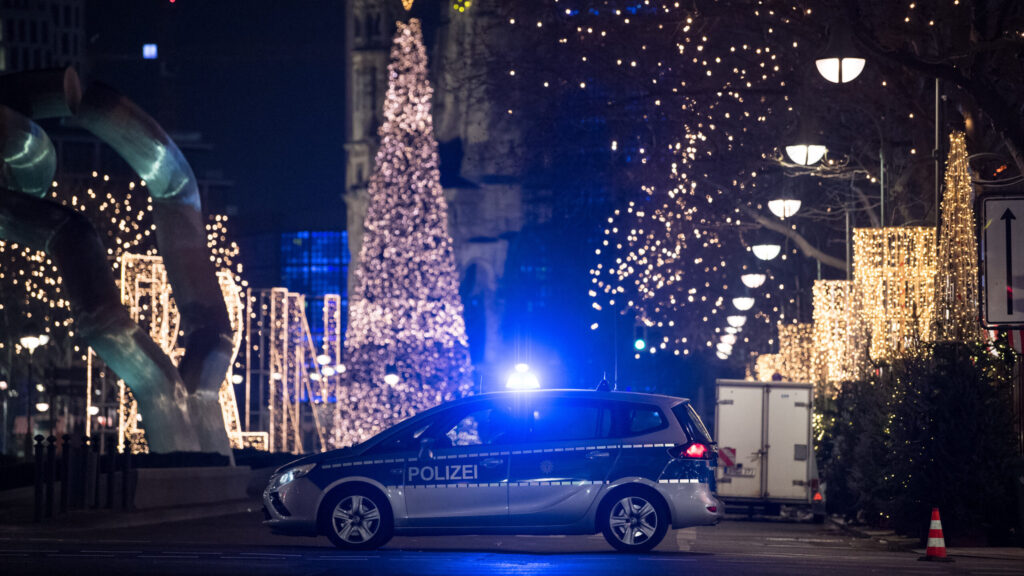
Once symbols of festive calm and Christian heritage, Western Europe’s Christmas markets have increasingly become targets of Islamist terror since the early 2000s. From Strasbourg to Berlin and Magdeburg, repeated attacks and foiled plots have reshaped how Europe celebrates Christmas—forcing heavy security, cancellations and a growing sense of fear.

Italy has joined Belgium, Bulgaria and Malta in resisting the European Commission’s plan to use frozen Russian assets as collateral for a €210 billion loan to Ukraine, warning of profound legal and financial risks. The pushback intensifies scrutiny of Brussels’s decision to invoke emergency powers to sidestep expected vetoes from Hungary and Slovakia.
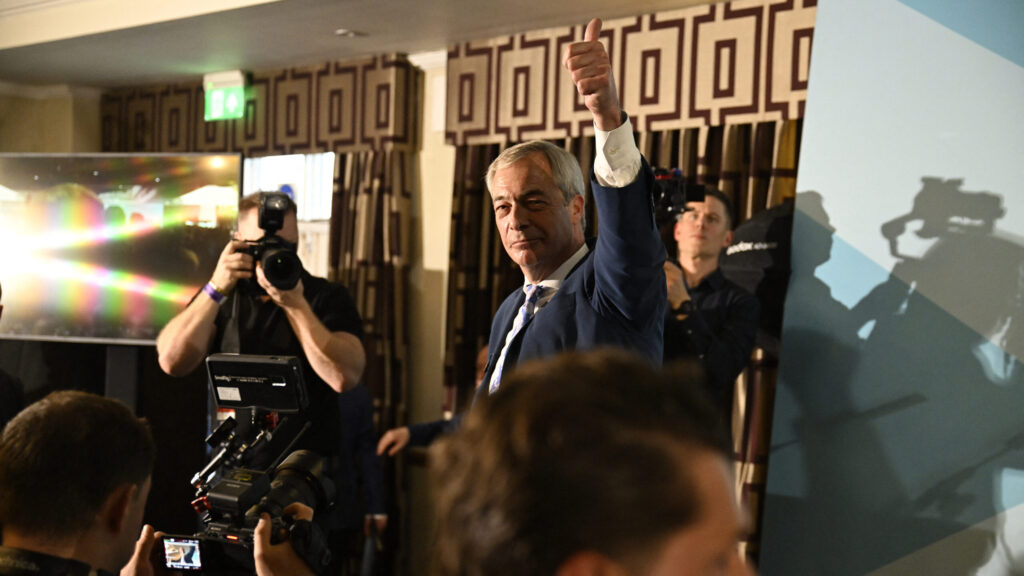
Nigel Farage’s Reform UK is riding an extraordinary wave, securing its first Scottish council seat and overtaking Labour to become Britain’s largest party by membership. The developments, both hailed as historic moments, underscores the accelerating collapse of the UK’s traditional two-party system.
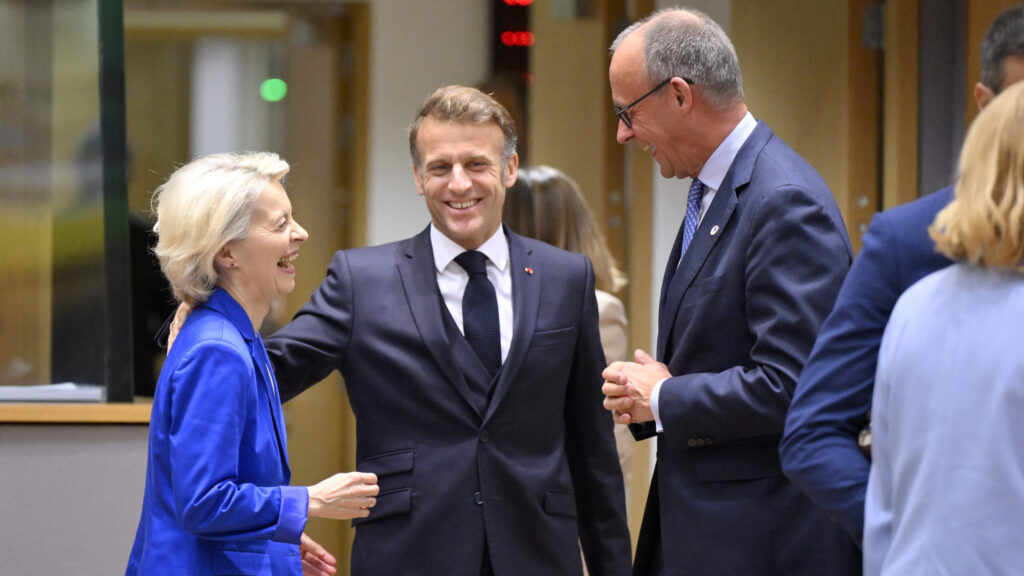
Ursula von der Leyen claims only voters decide a nation’s leaders—yet recent EU actions tell a very different story. From Romania’s annulled election to Germany’s institutional crackdown on AfD and France’s judicial assault on Marine Le Pen, the Union shows an increasingly authoritarian instinct that undermines democratic choice.
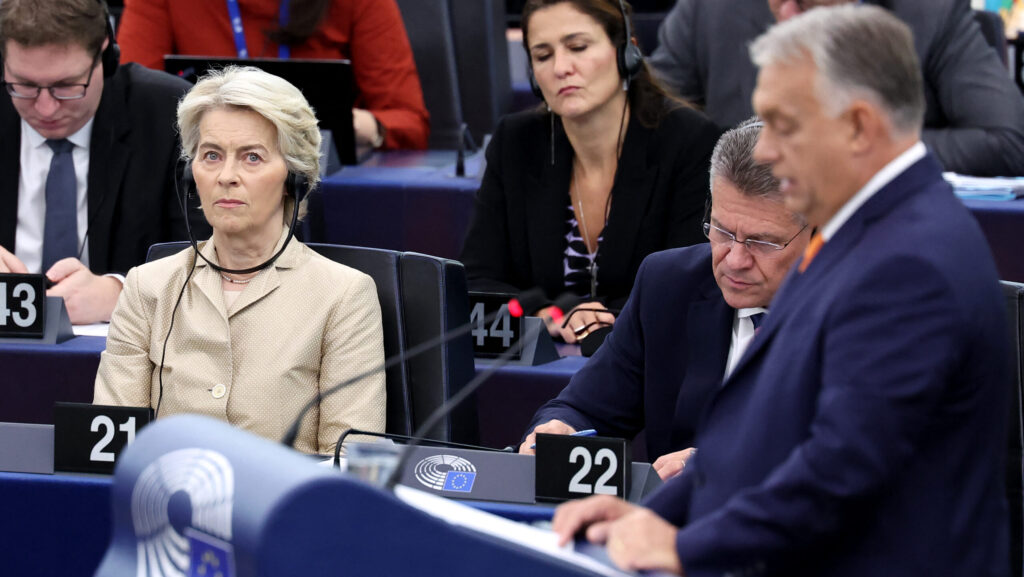
Hungarian Prime Minister Viktor Orbán accused Brussels of ‘systematically raping European law’ after the Commission triggered an emergency clause to indefinitely freeze Russian assets—bypassing unanimity and clearing the way ahead of its controversial Ukraine reparations loan.
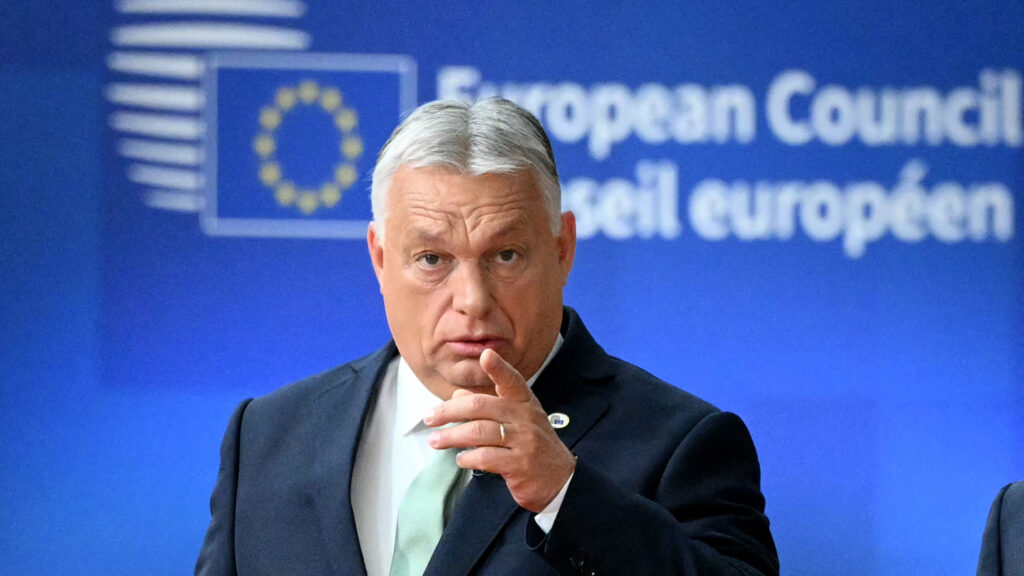
Western media spent the week circulating baseless claims about Hungary, from a fake ‘longer’ US security strategy urging EU exit to Bloomberg’s allegation that Viktor Orbán plans to replace parliamentary democracy. The narratives appear designed to damage the government ahead of 2026.
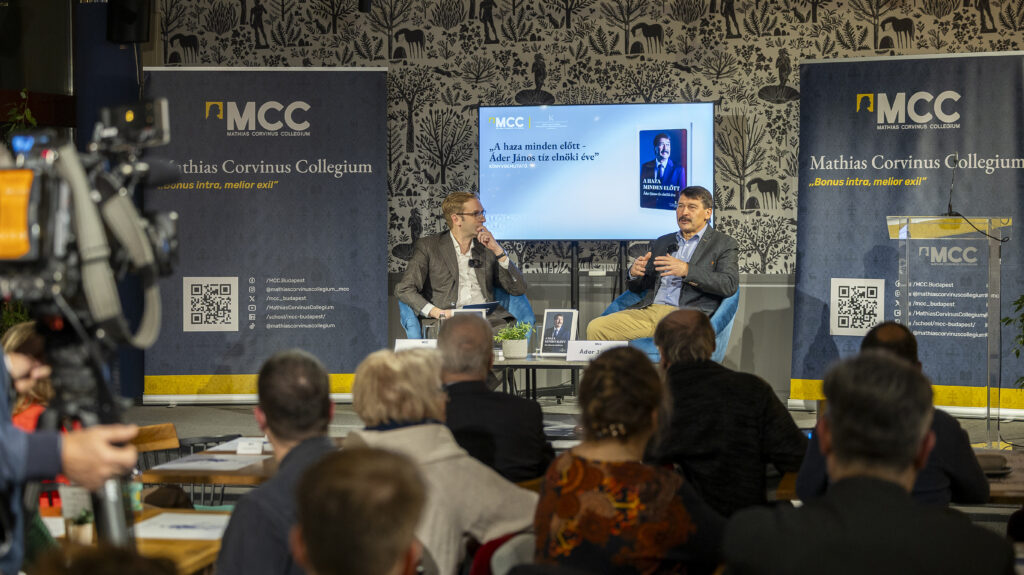
At a joint event organized by MCC and Mandiner, Former President of Hungary János Áder introduced his new book summarizing a decade in office through interviews that revisit constitutional dilemmas, national commemorations and private memories—from the Auschwitz memorial to the Trianon centenary speech and encounters with Hungarian communities abroad.

Viktor Orbán praised Donald Trump’s new National Security Strategy as ‘the most important and interesting’ document of recent years, saying it finally recognizes the civilizational crisis Europe faces. The Hungarian prime minister wrote that America now sees the decline Hungary has been fighting against for 15 years.
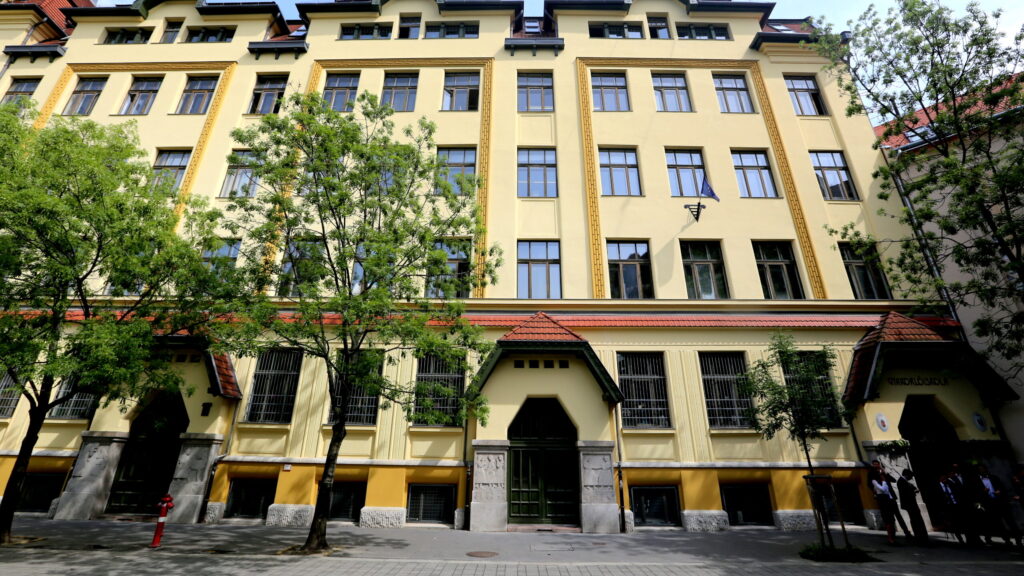
The 2026 National Secondary School Ranking—compiled by Mathias Corvinus Collegium and the Education Office—has been released, assessing more than 400 institutions nationwide. This year’s expanded edition introduces new indicators, including a pedagogical value-added index and a school health and sports ranking.
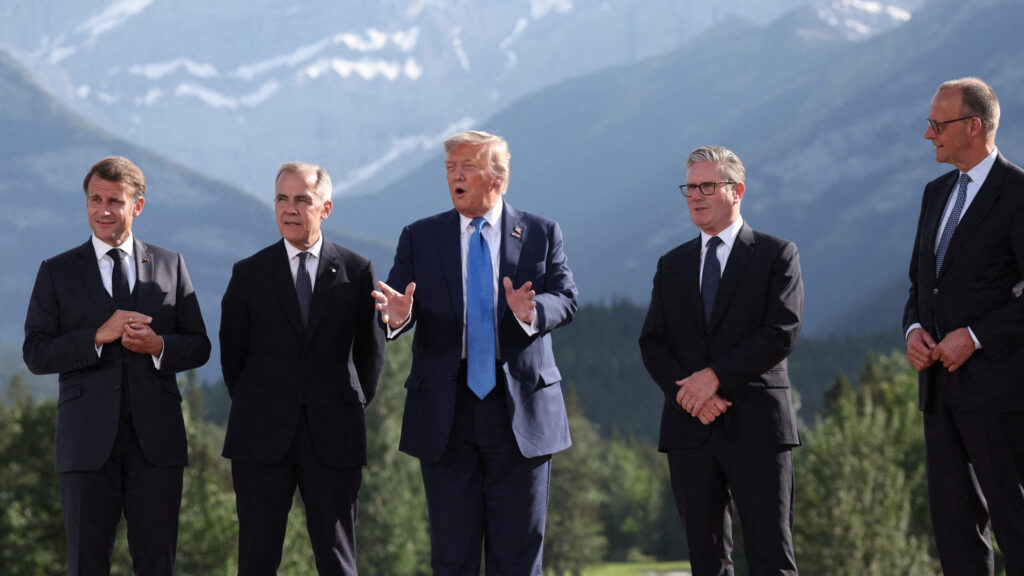
A major new survey shows Europeans overwhelmingly agree with Donald Trump’s claim that their leaders are ‘weak’, with voters in Germany, France and the UK rating the US president as far stronger and more decisive than their own heads of government—undercutting Brussels’ furious response to Trump’s remarks.
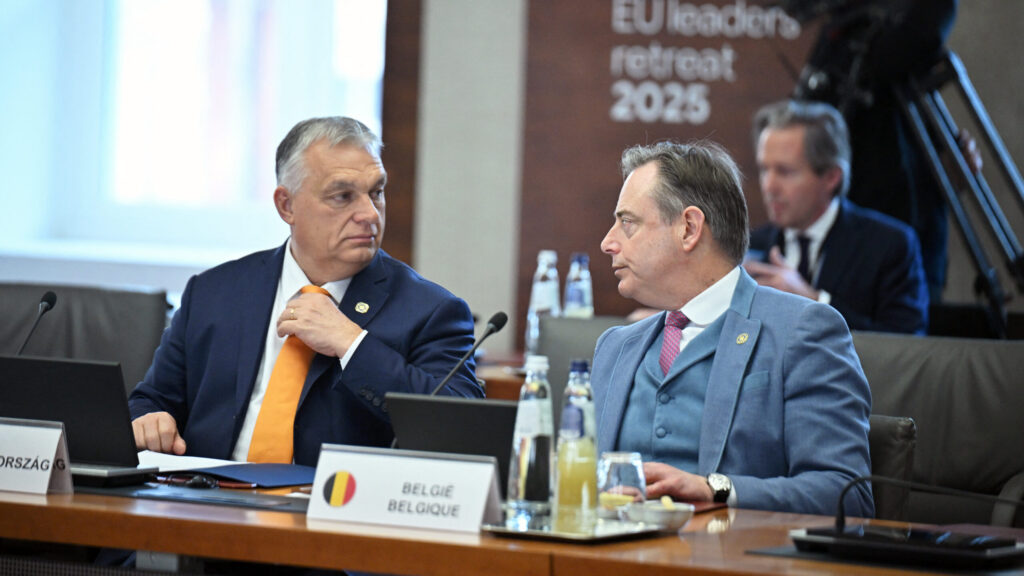
POLITICO Brussels reports that Belgium may soon be treated like Hungary—isolated, ignored and punished—simply for refusing Ursula von der Leyen’s EUR 165 billion Ukraine loan scheme. The message is unmistakable: in today’s EU, disagreement is no longer tolerated, and the system is shifting toward open coercion.
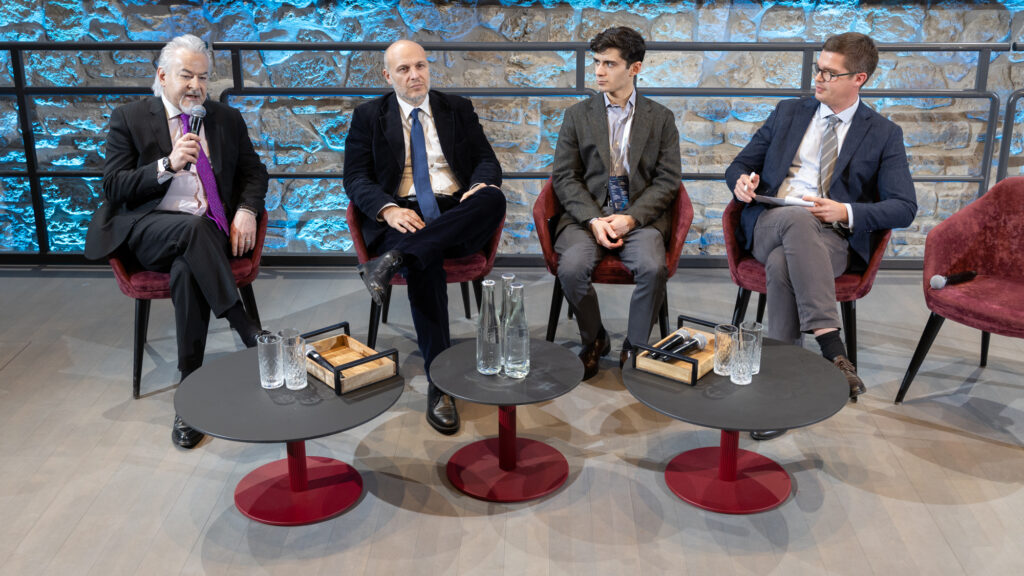
Central Asia’s growing role in global critical-mineral supply chains was discussed at the launch of the Danube Institute’s Turkic–Western Engagement Initiative, where experts highlighted the Middle Corridor’s rise, China’s tightening grip on strategic resources, and Hungary’s opportunity to shape Western engagement.
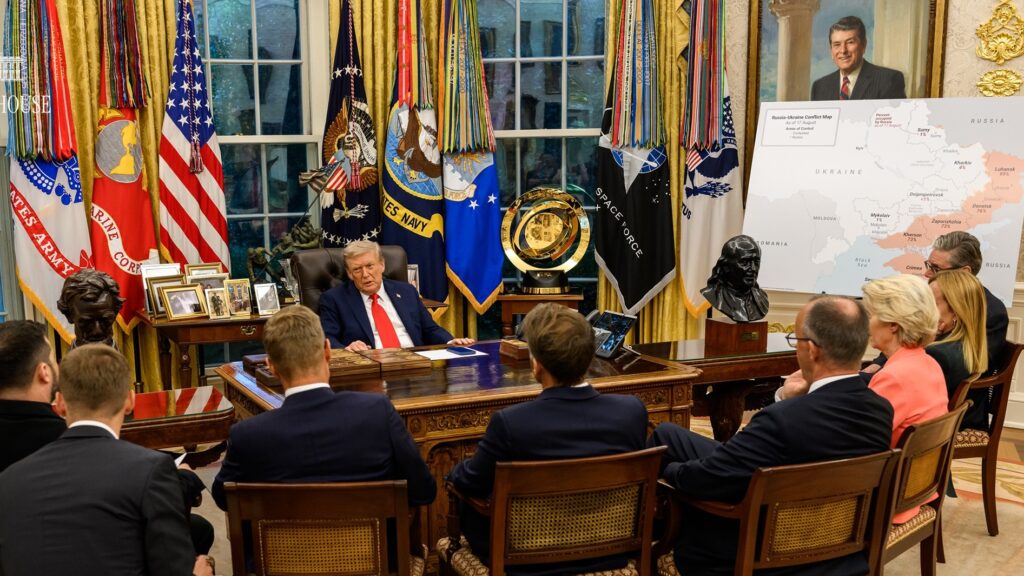
The EU has spent the past decade dismissing Hungary’s warnings about migration and sovereignty. Now Washington under Trump is sounding the same alarm, urging Europe to stop its downward spiral—but Brussels responds with indignation instead of introspection, accelerating its decline.
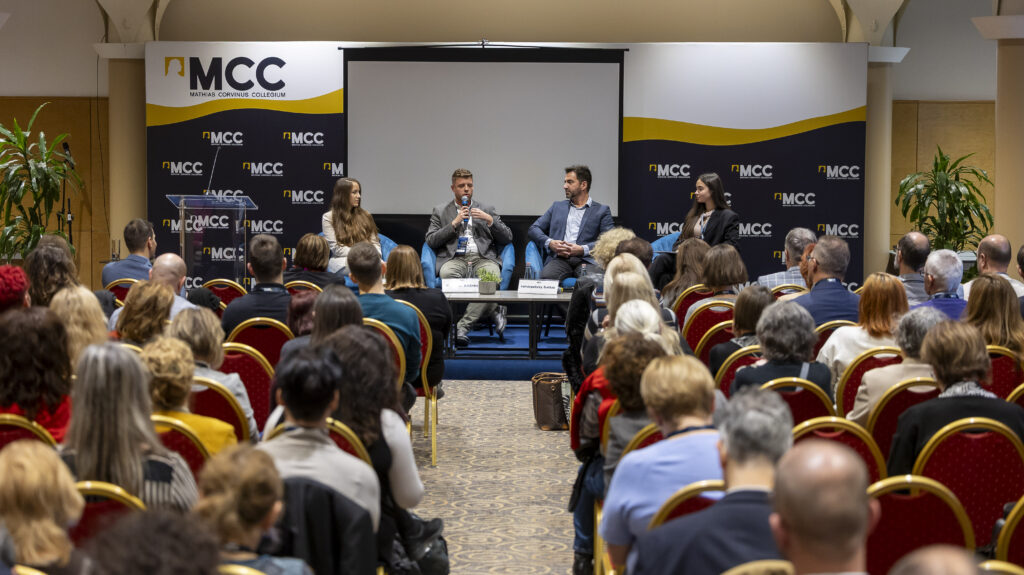
MCC held its eighth Carpathian Basin Education Conference under the theme The Key Figure of the Future: the Teacher, examining the transformation of education and marking ten years of the Young Talent Programme, now one of the institution’s flagship initiatives.
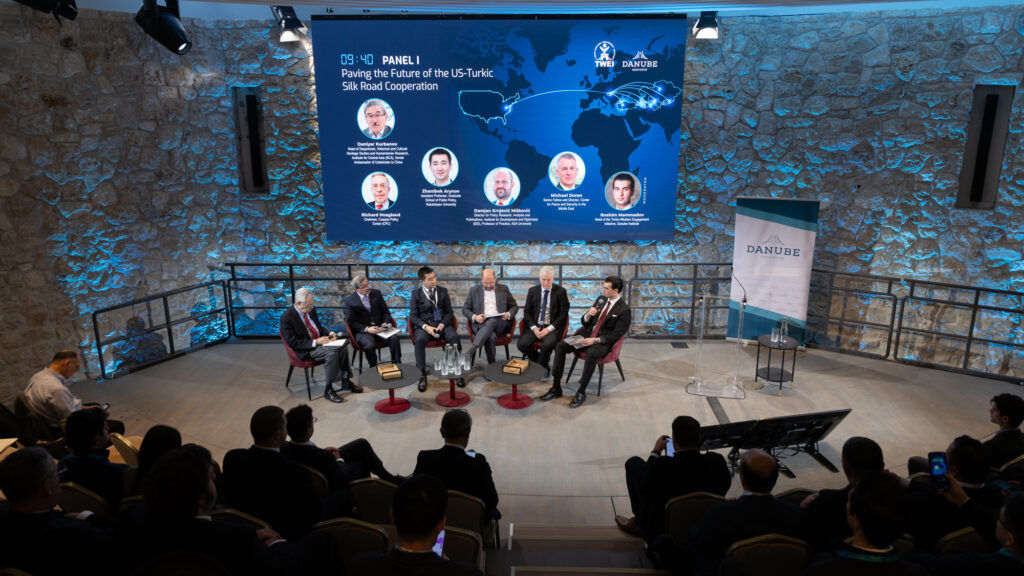
The Danube Institute launched its new Turkic Western Engagement Initiative (TWEI) in Budapest on Tuesday with a high-profile conference exploring how the West and the Turkic world can deepen cooperation amid growing geopolitical volatility, with particular emphasis on Hungary’s strategic bridging role.
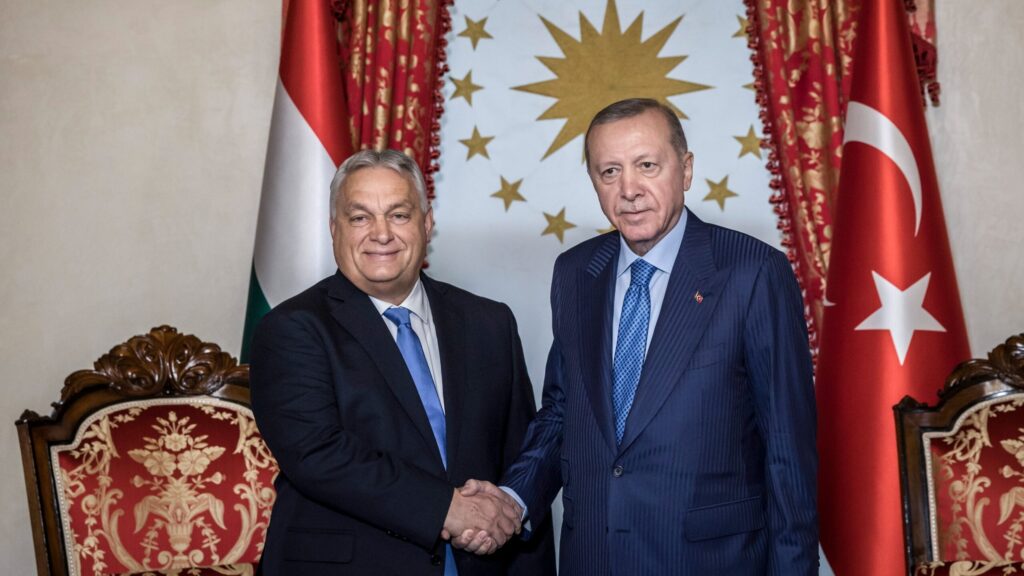
Türkiye and Hungary elevated their relations to an enhanced strategic partnership on Monday, as President Recep Tayyip Erdoğan and Prime Minister Viktor Orbán met in Istanbul. The leaders highlighted deepening cooperation in trade, defence, transport and culture, setting a new framework for long-term collaboration.

Hungary ranks among the top ten most competitive tax systems in the OECD, according to the 2025 International Tax Competitiveness Index. Scoring 78.7 points, Hungary placed ninth overall, performing especially strongly in corporate and individual taxation, reinforcing its appeal to international investors.
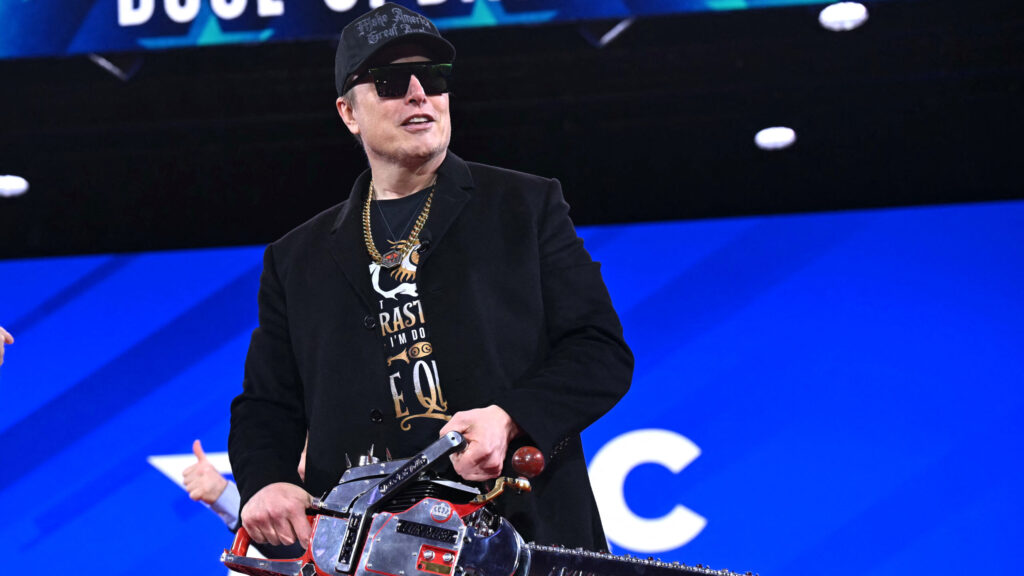
The European Commission’s decision to fine X €120 million under the DSA has ignited the sharpest transatlantic clash since Trump returned to power. Musk called the penalty ‘bullsh*t’, while senior US officials warned the EU is undermining free speech and straining the foundations of the alliance.
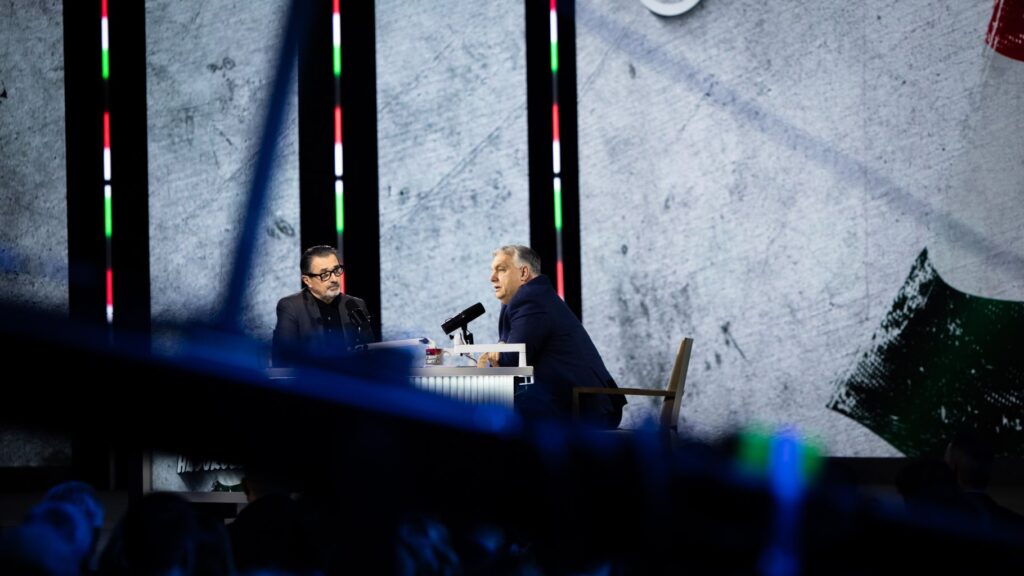
Hungarian Prime Minister Viktor Orbán warned that the 2026 parliamentary election will be the last before Hungary could face a direct threat of war, arguing that only a national government can keep the country out of a conflict he says is approaching Europe. He claimed Brussels is preparing the EU for confrontation with Russia and shifting towards a war economy.